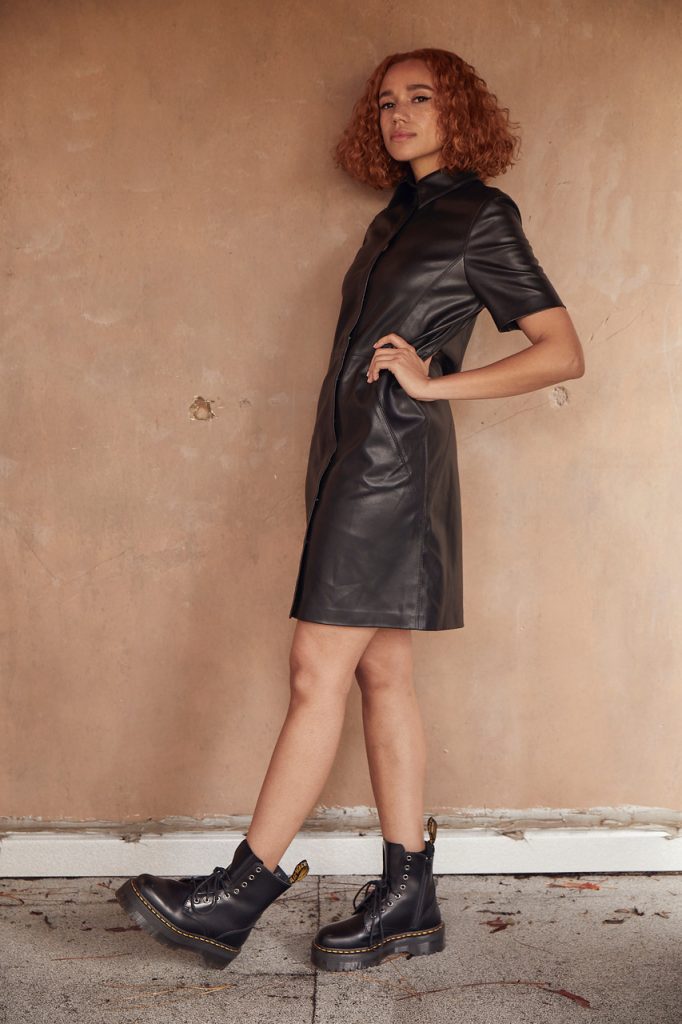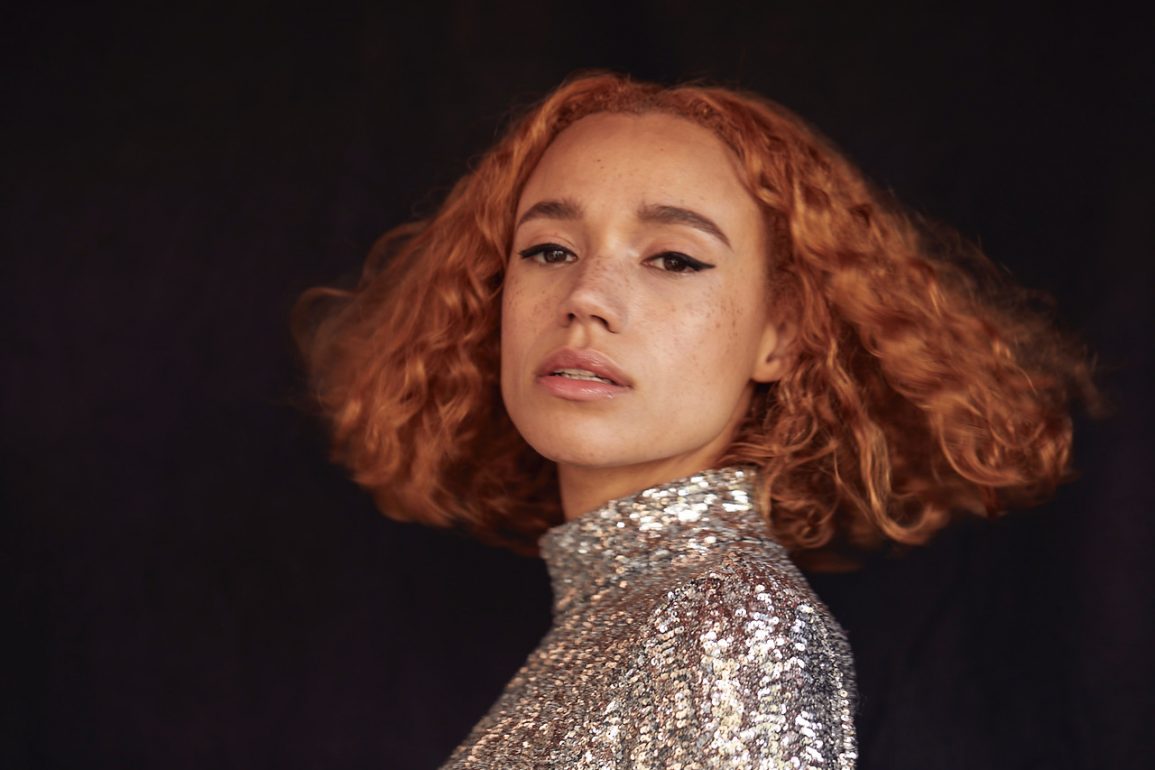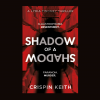Keeping Up With Jones – With all of us feeling understandably apathetic from “pandemic-fatigue”, East-London’s JONES may be providing a suitable soundtrack for the slow-burning apocalypse. Her acclaimed debut album New Skin showed the versatility of her voice, and her style is as diverse as her native East London.
Her new single, Camera Flash, fuses JONES’ soulful voice with ambient synths and a pulsating beat that wouldn’t feel amiss on one of the newer Tame Impala records.
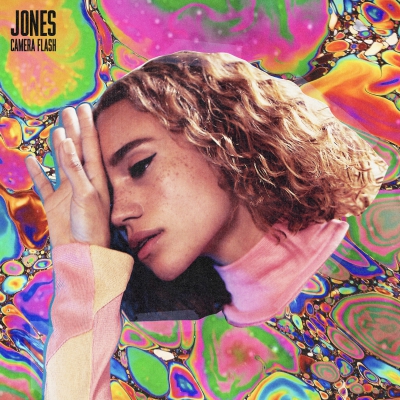
I chatted with Cherie Jones about crafting unique sounds, mental health, identity and being an existentialist.
P: So how has everything been going for you over the last six months?
J: Everything is good; I’ve got my health, got my music. But life is still weird. The music industry has definitely been hit hard and a lot of my friends who are live musicians have suffered – it’s not like we can just reschedule a new tour. But I think gratitude is an important tool to utilize right now and we should just be thankful for what we’ve got.
P: How have you been dealing with the pandemic?
J: I think it’s allowed us both individually and collectively to take a pause from just being on autopilot and navigate how we are feeling and look at where we’re at in our lives. One nice thing has been that I’ve had time to catch up with myself – I think I’ve had time to process some emotions that I hadn’t really faced.
P: Do you feel that’s something you didn’t always get to do before?
J: It can be hard – often when you’re performing, you’re putting on a front. It can be therapeutic if you don’t wanna be caught up in the neurosis of your mind, but if you really do have stuff to process it can be unhealthy to not catch up with what’s going on inside of you. Sorry to go deep so quickly, but I feel human life is a life’s work of unpacking, unlearning, choosing who you want to be; it really is a constant process.
P: Vulnerability could be used as a marketing tool by the industry – do you feel that the global pause has allowed for a more genuine period of self-reflection and confrontation with your vulnerability?
J: Exactly – it has been personal, full of revelations and discoveries. Race and ethnicity has been a big thing for me. After the George Floyd incident and everything happening with Black Lives Matter, it made me reassess my identity as a mixed-race person, which is something I don’t think I’ve ever dealt with before. It’s quite confusing for me – like, I’m not fully part of the black community and not fully part of the white community. But I think it’s been really valuable to look at it, as it’s a confusion I’ve lived with without really realizing. I’ve started actually writing about these issues of cultural identity – things I never wanted to address with my music, but now I realize it’s such a huge part of who I am and a part of my struggle.
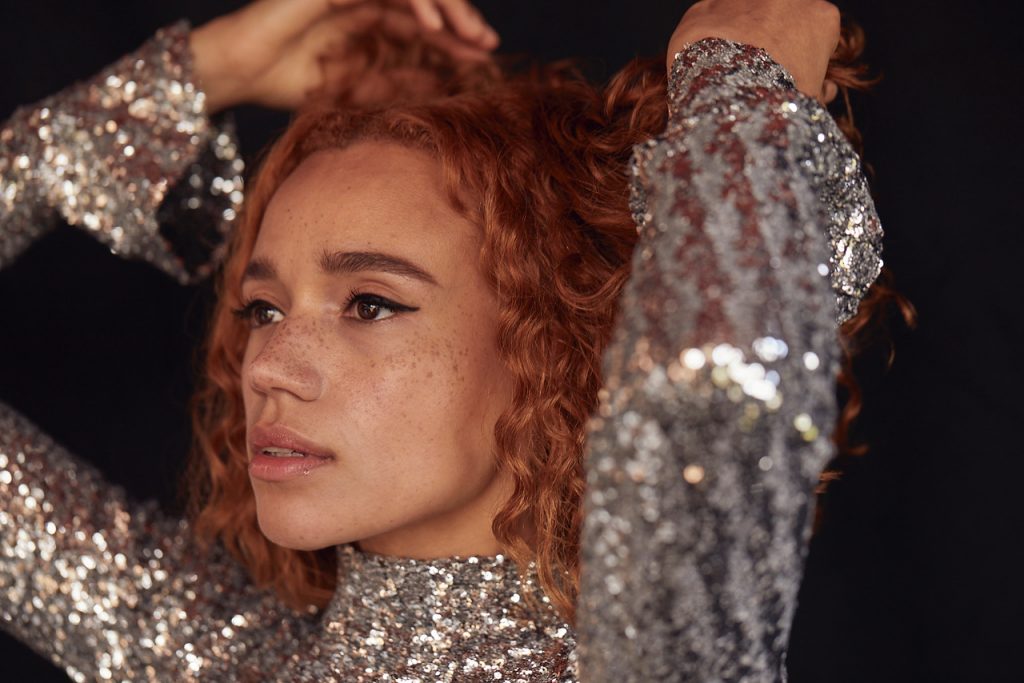
P: Speaking of reflection – it seems the industry is going through a lot of self-reflection in the wake of #MeToo. What do you think are the new challenges facing women in music?
J: Well I think it’s great that light has been shed upon issues such as sexism or certain men abusing their positions of power. I wouldn’t say I’ve experienced it in an extreme way, but it’s been visible in more subtle ways. I honestly think that the biggest challenges lie within the mind – social media can be a great tool, but it makes you compare yourself to others, especially among other female artists. So, I really do feel like our relationship with ourselves, how we relate to other women and this unhealthy approach to comparison is one of the biggest challenges we are facing right now. I’m still working on it, too.
P: That’s definitely something that got exacerbated during the lockdown, right?
J: There’s a great saying: comparison is the thief of joy, and I think that is so true. I feel like we as a society need to adorn ourselves with some tools or safety guidelines of how to protect our mental health while dealing with these digital spaces. Social media isn’t going to go anywhere, and if anything, we’ll probably integrate with it more and more over the coming decades.
P: How has your song writing process changed with this pause?
J: I think the song writing process can drive you mad – especially when you’re doing it alone. You can wake up in the morning with an idea and feel energized then hit a wall and then you’re like “oh now, I hate this”. But then you take a break, come back and fall in love with it again. So, it’s a process.
P: You have such a wide scope of influences – how do you bring them all together?
J: I’ve been blessed to work with some really talented producers and we’ve both been very much aligned with our musical tastes. But it’s just trial and error – making decisions based on instinct and feeling and trying to make stuff that I believe in and something that is true to me.
P: Do you think coming from a place as diverse as East-London has fostered that same diversity and variety in your music?
J: I guess so; I don’t know if it’s influenced my sound but maybe more the drive and ambition – that was very much in the air where I grew up. I always had a bee in my bonnet about wanting to build something and make something and be very driven. But maybe just being exposed to so many different cultures makes you more eclectic in your output. We probably don’t even know what has really influenced us the most because we’re running on this auto-pilot software that has been conditioned by circumstances out of our control.
P: You seem like quite an existentialist.
J: Oh yes. I feel like I have to be! I think my brain is just wired to be over-analytical, to think deeply; it’s often quiet on the surface but loud underneath. Even in a discussion I can empathize with many different kinds of views – it doesn’t make for great debates. But they say creativity is about drawing new connections where there weren’t any before. So, I guess it’s great to be this way if you want to create anything.
P: Does it feel strange to be putting out new music without a tour lined up to accompany it?
J: It feels very alien – it feels like part of my transition into being a more digital artist for the foreseeable future. But I’m going to try to embrace this – and see how much I can do without actually being able to play a physical gig.
P: What would your advice be to artists just finding their feet who might feel disheartened with the current situation?
J: I would say – and I can’t believe I’m recommending this – the best thing is to get onto apps like TikTok. You can use that as a creative outlet and start to build a community. Then getting some positive reinforcement or feedback could make you feel good. Also, look after your mind; don’t be too hard on yourself – we’re not at our best right now so be kind to yourself.
PRV
JONES’ new single “Camera Flash” is available to stream now.
